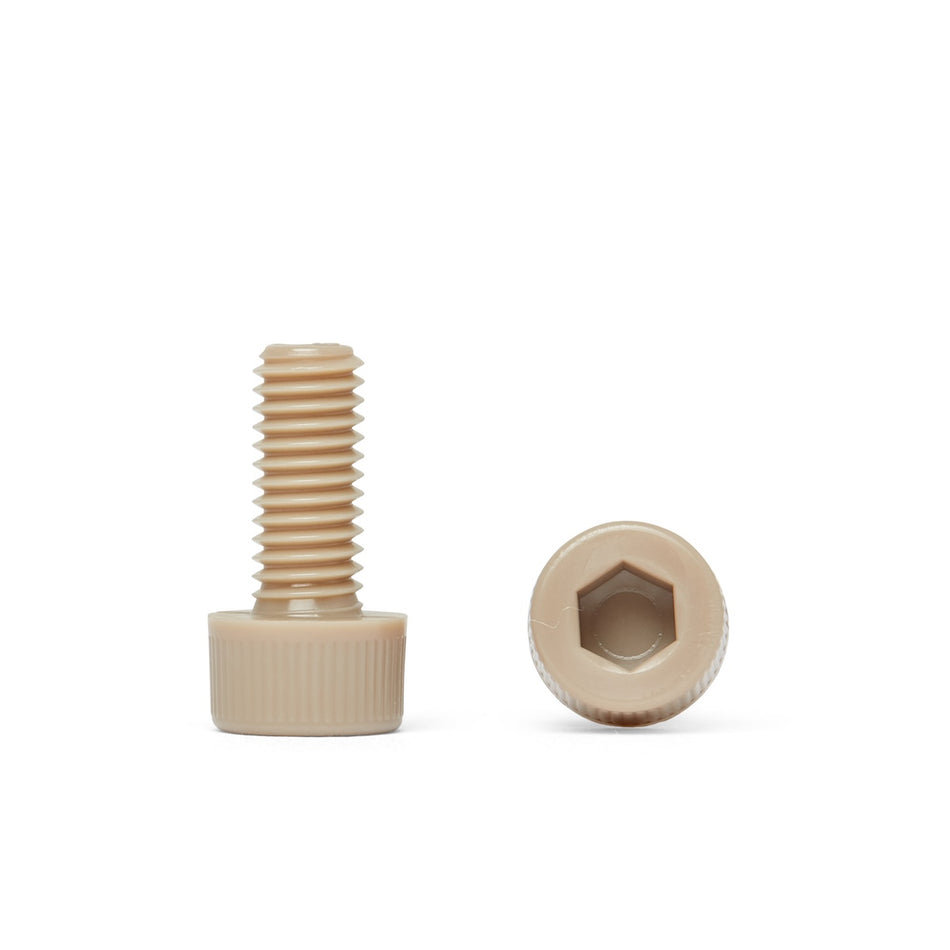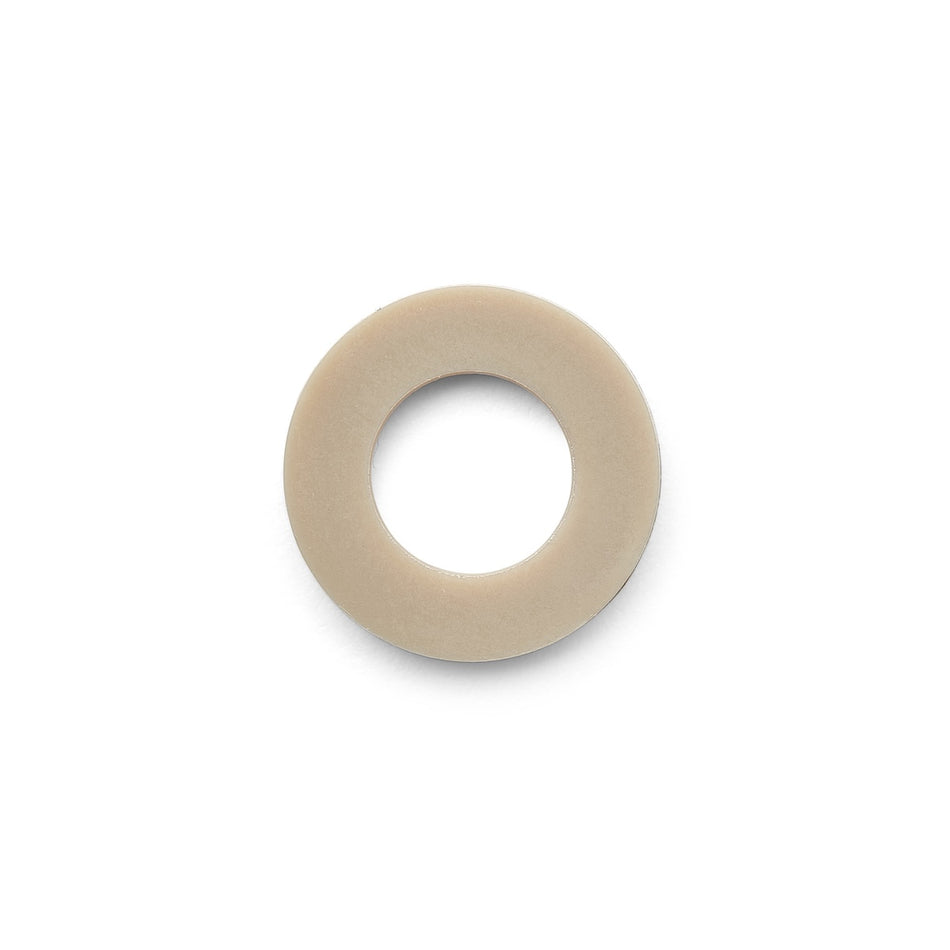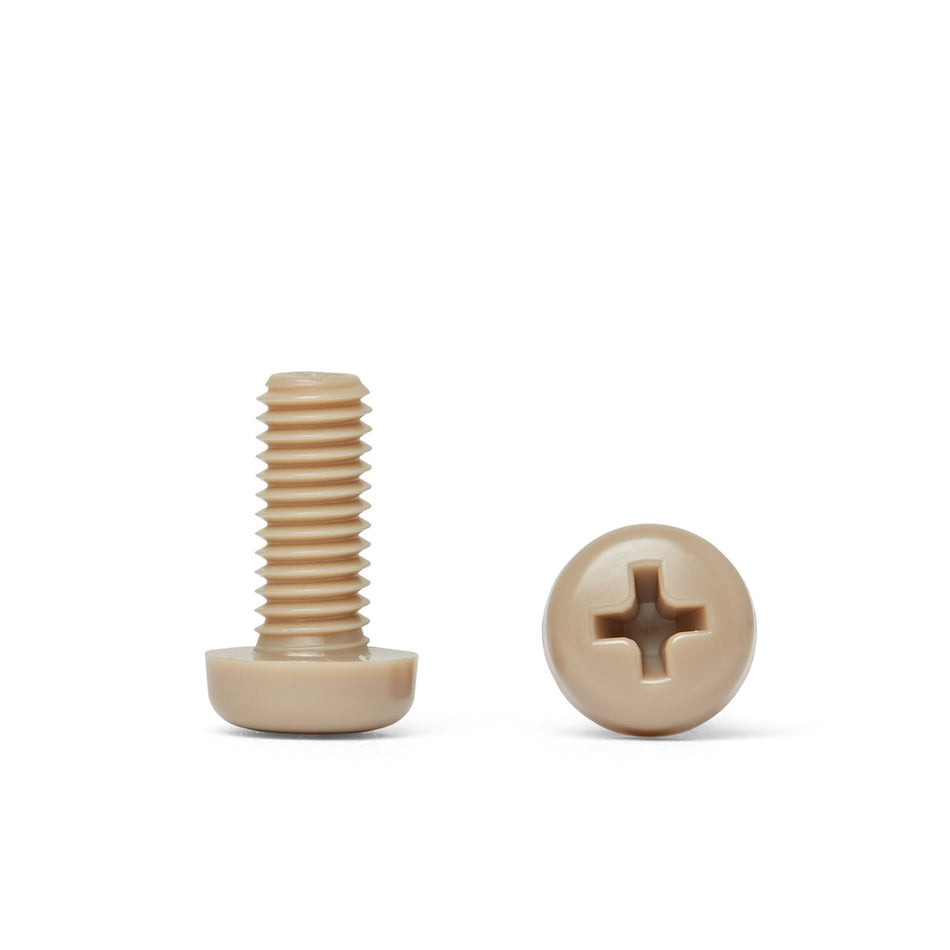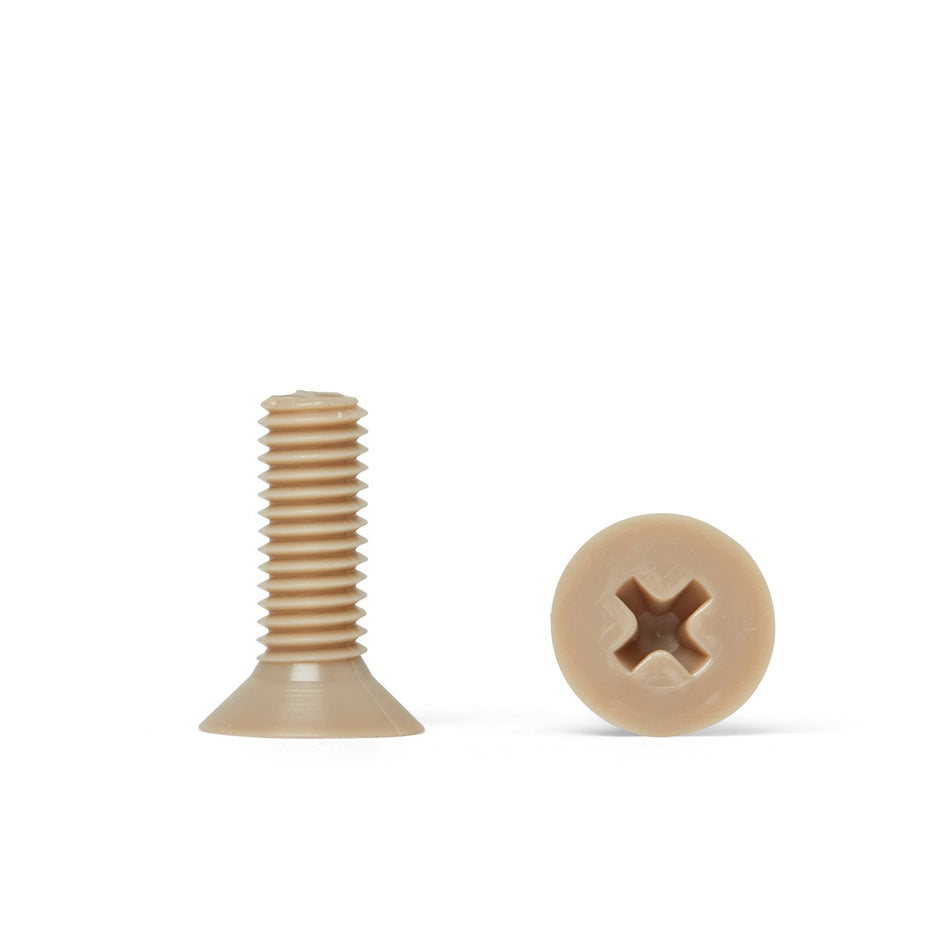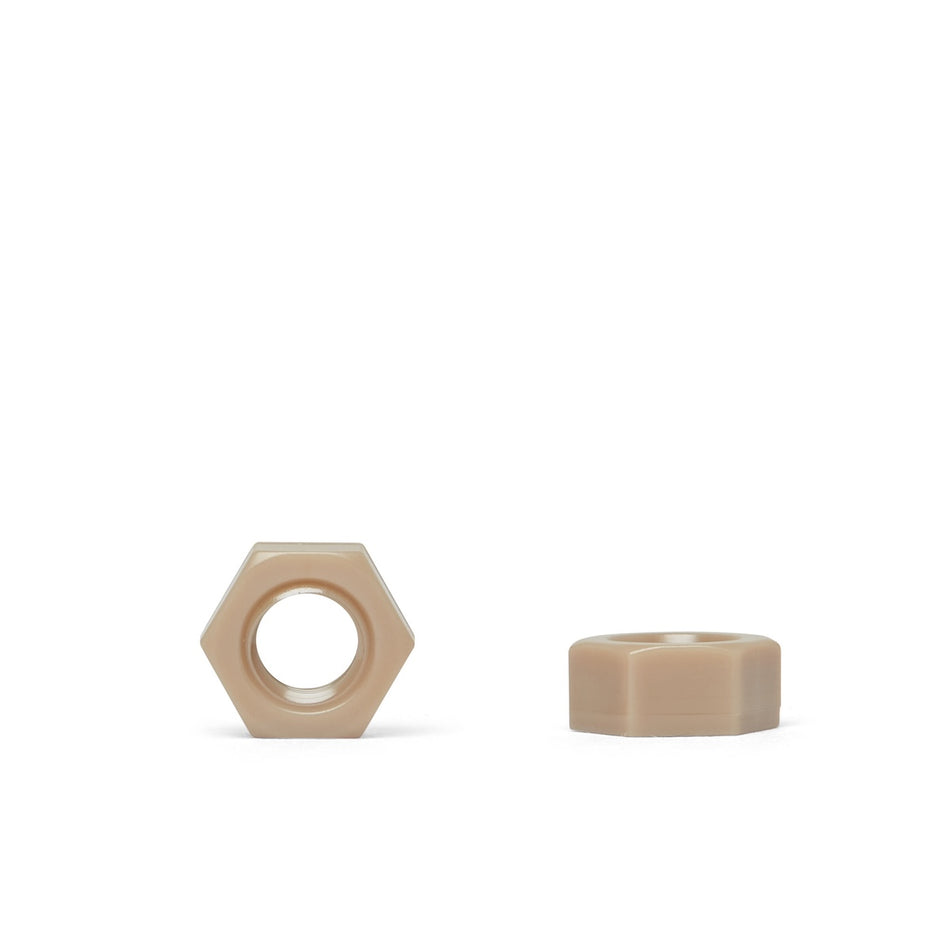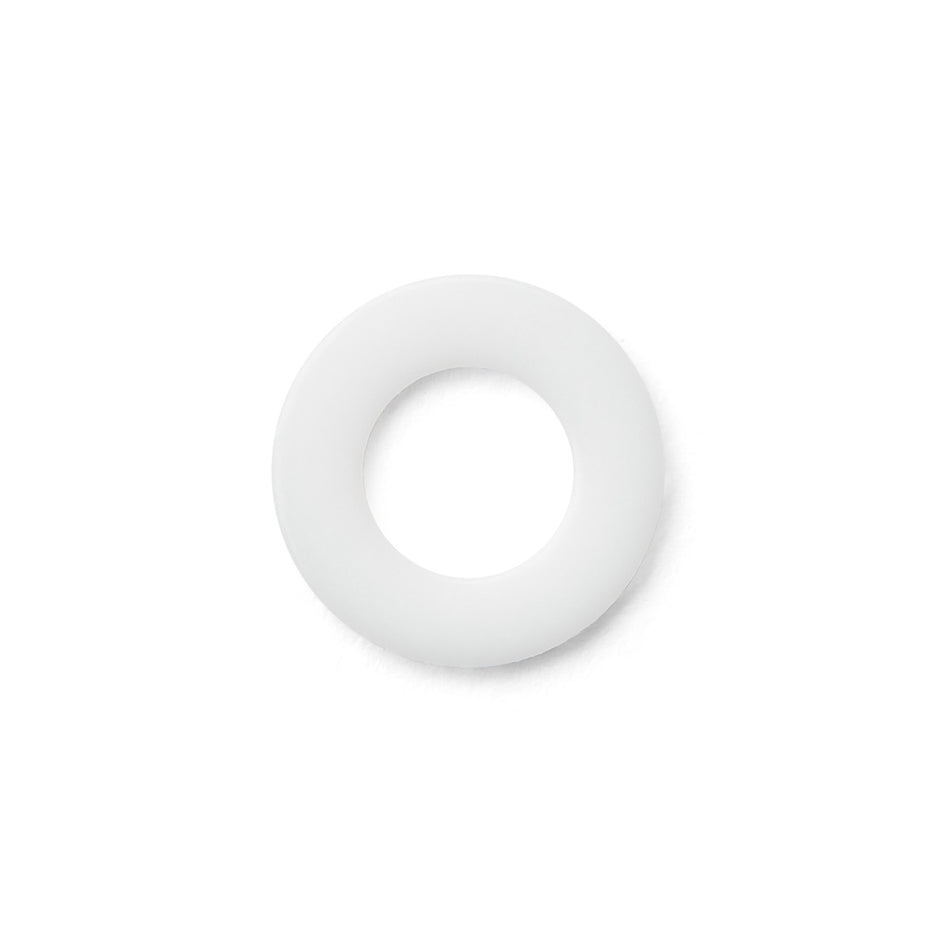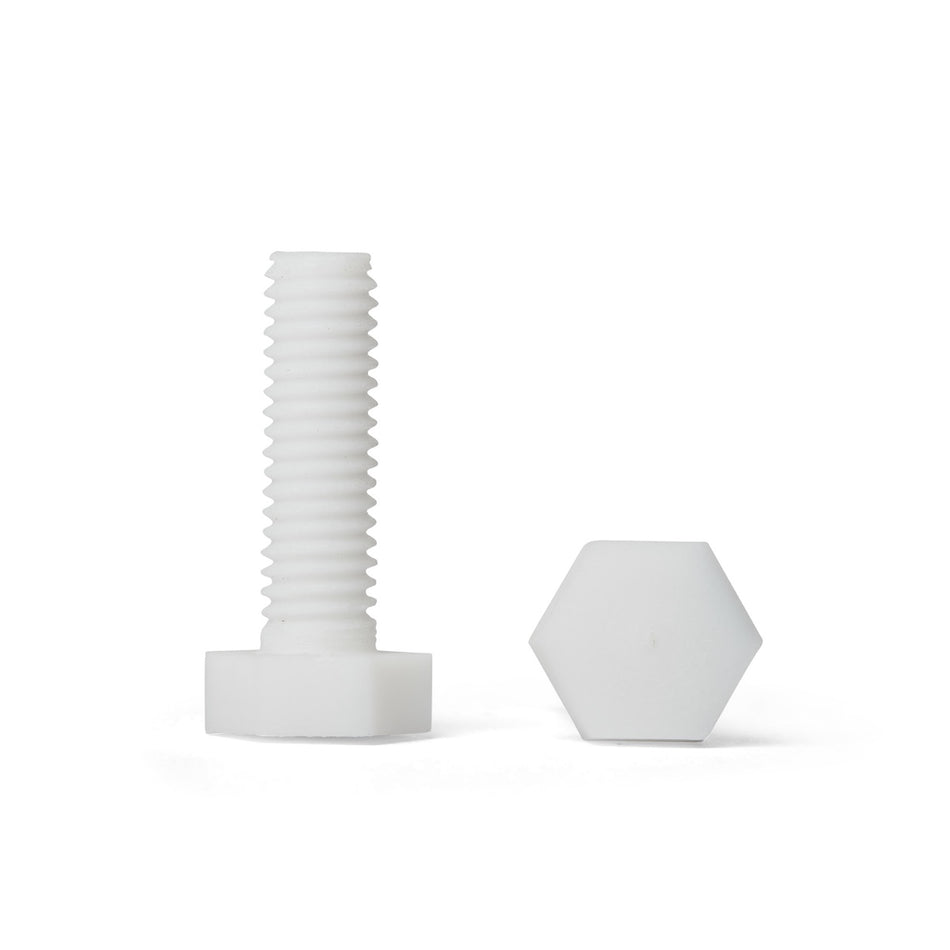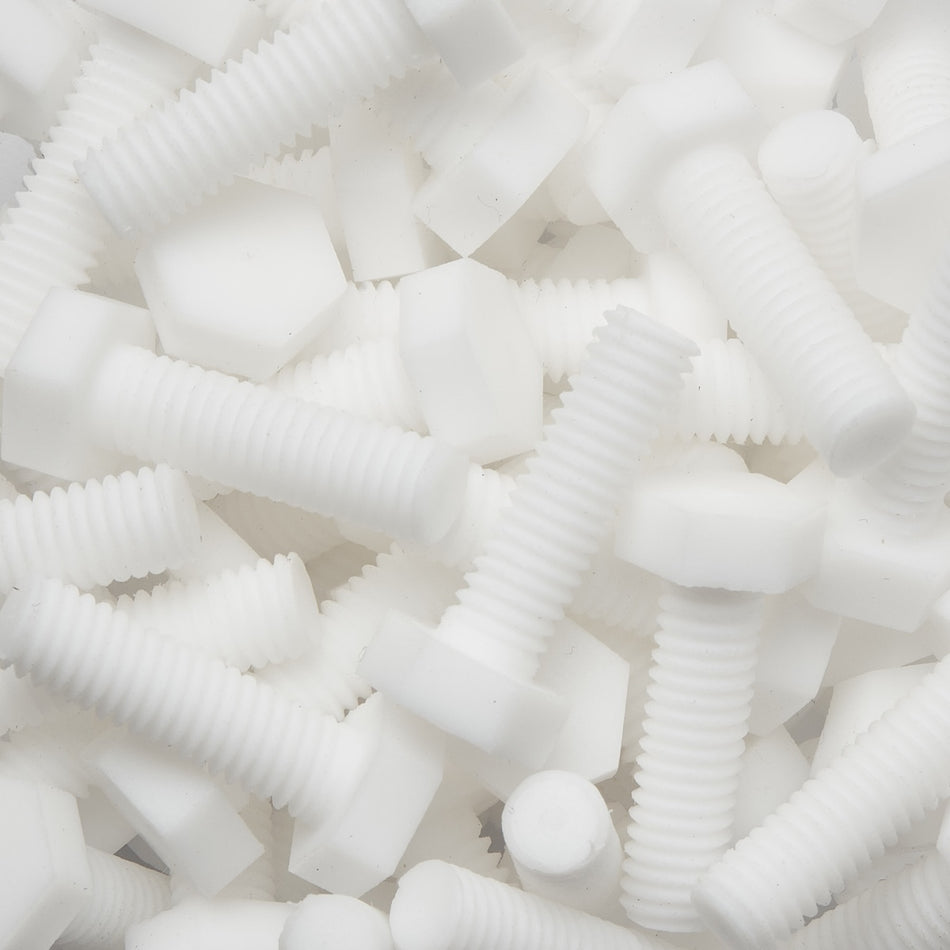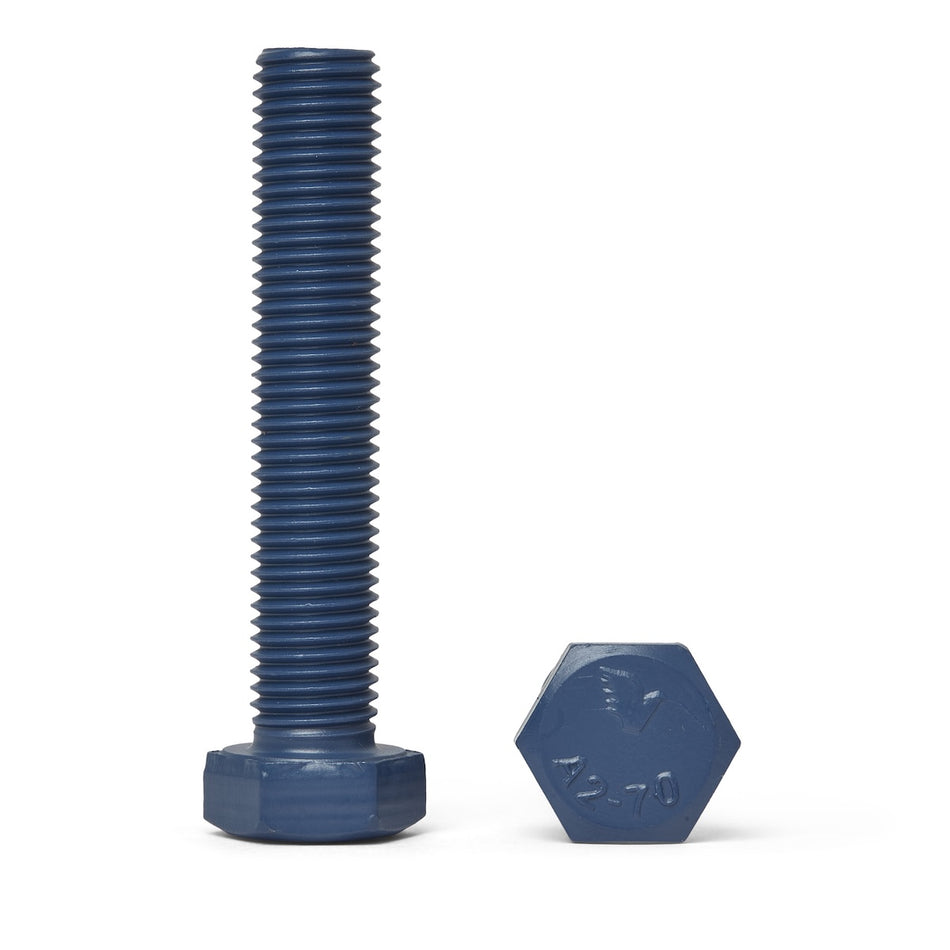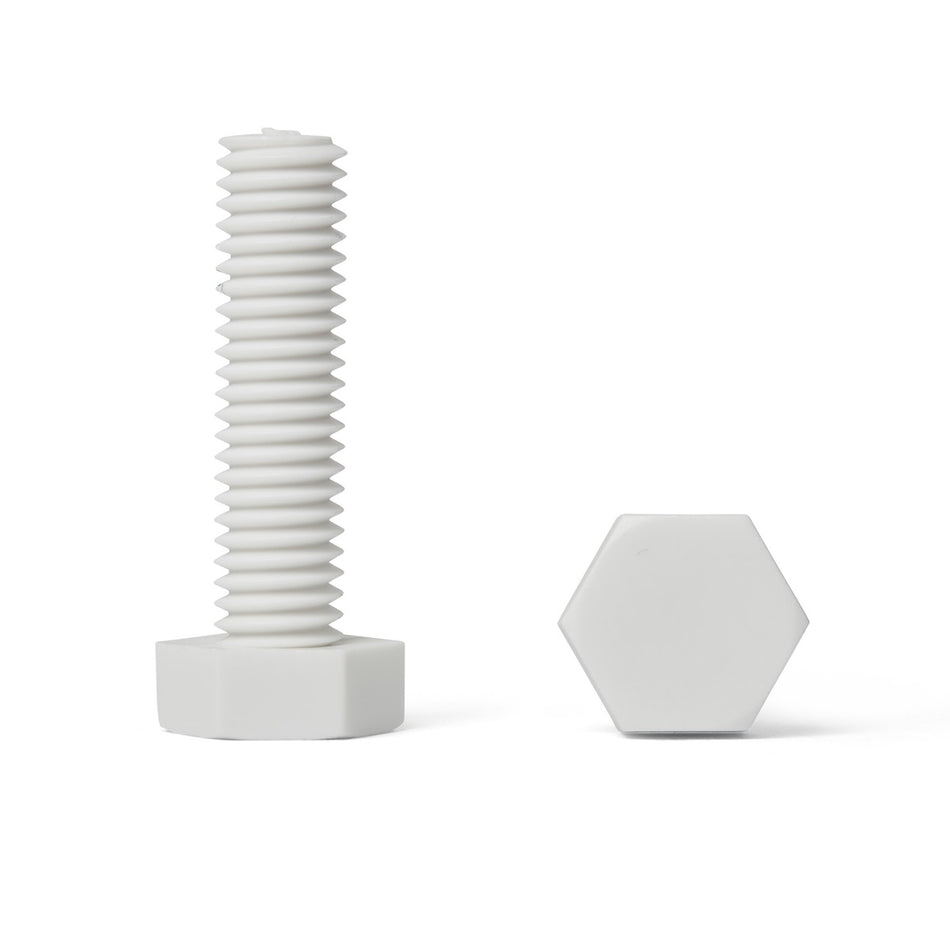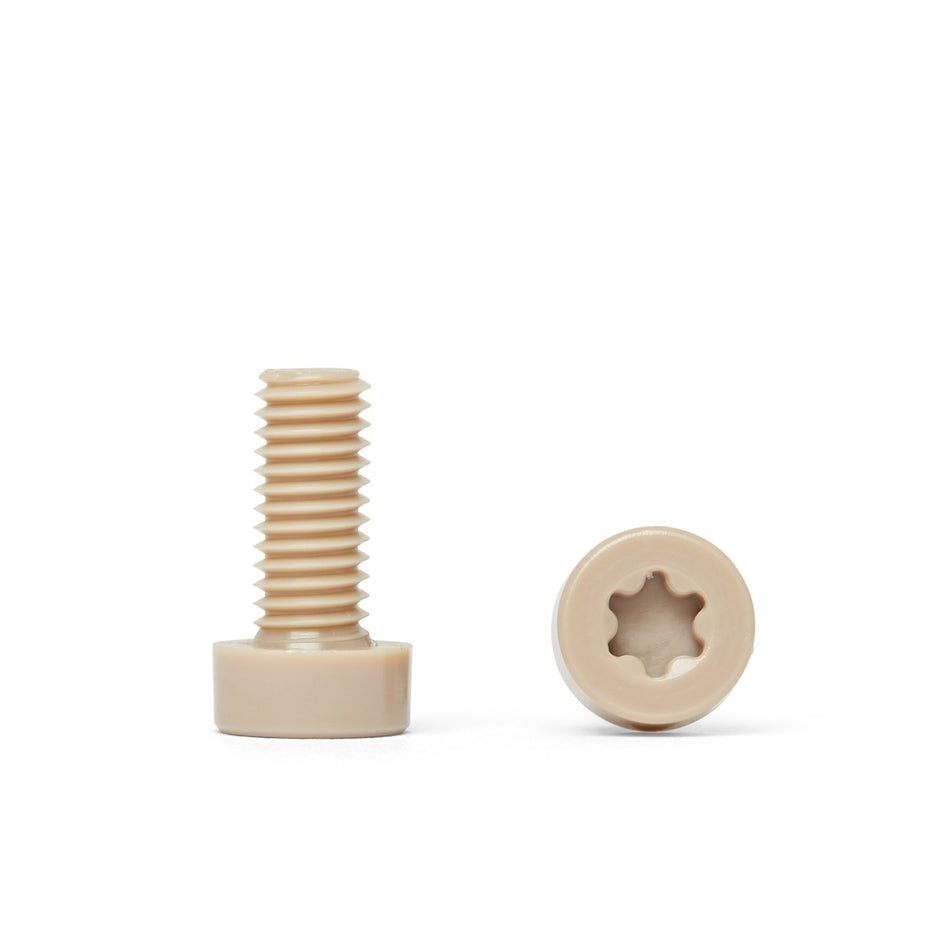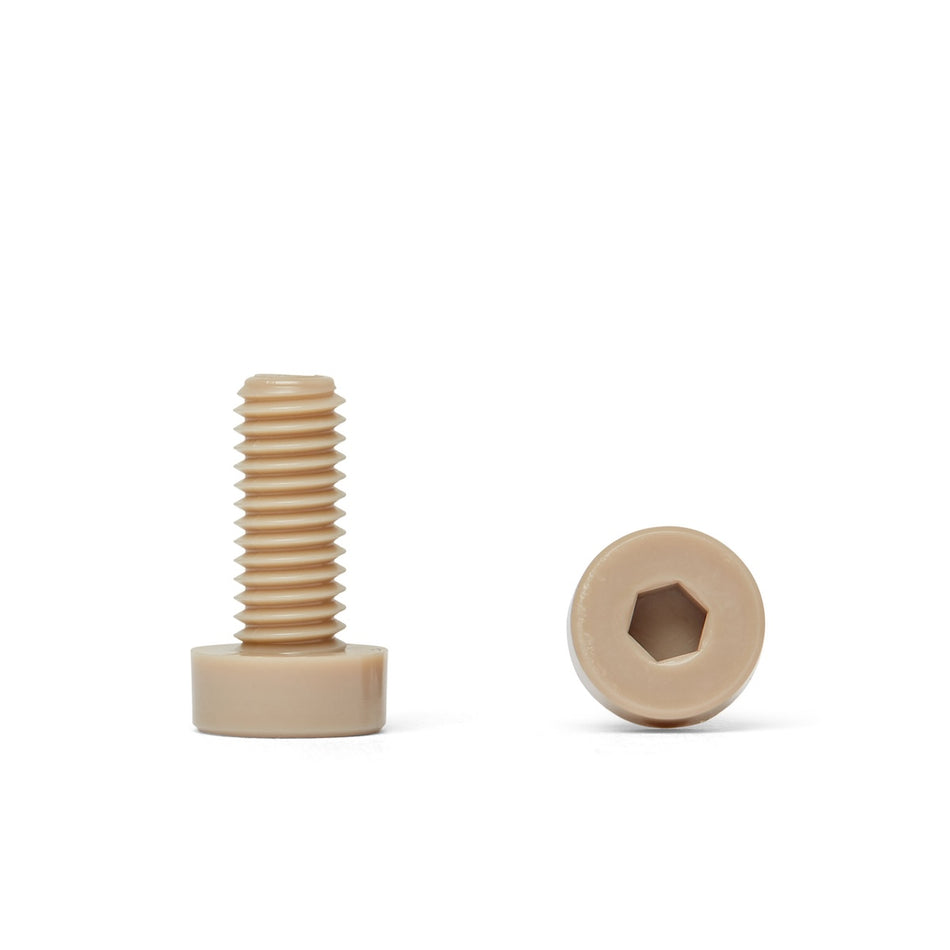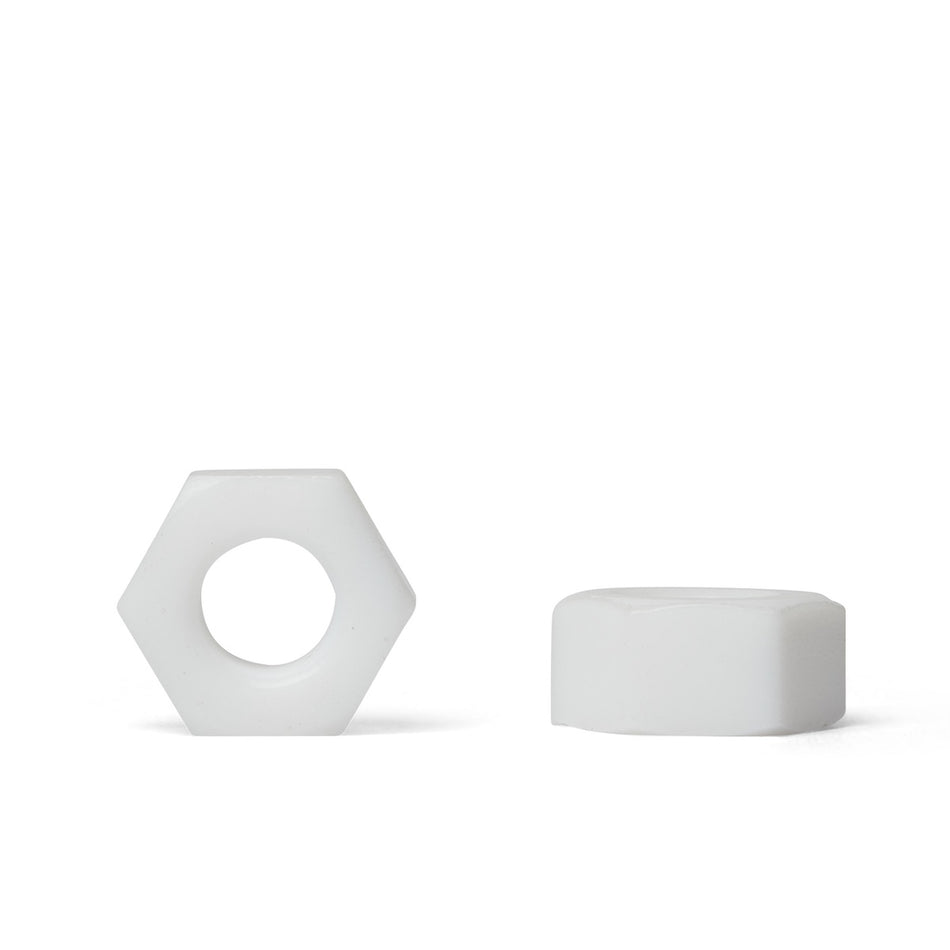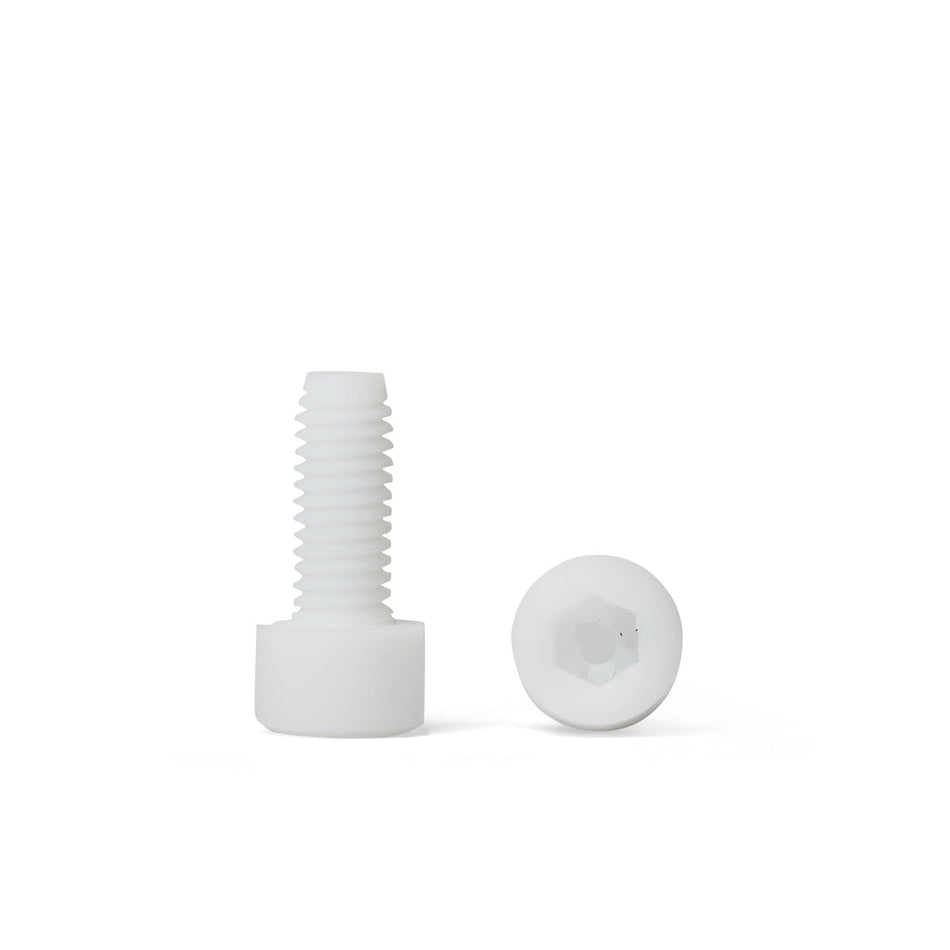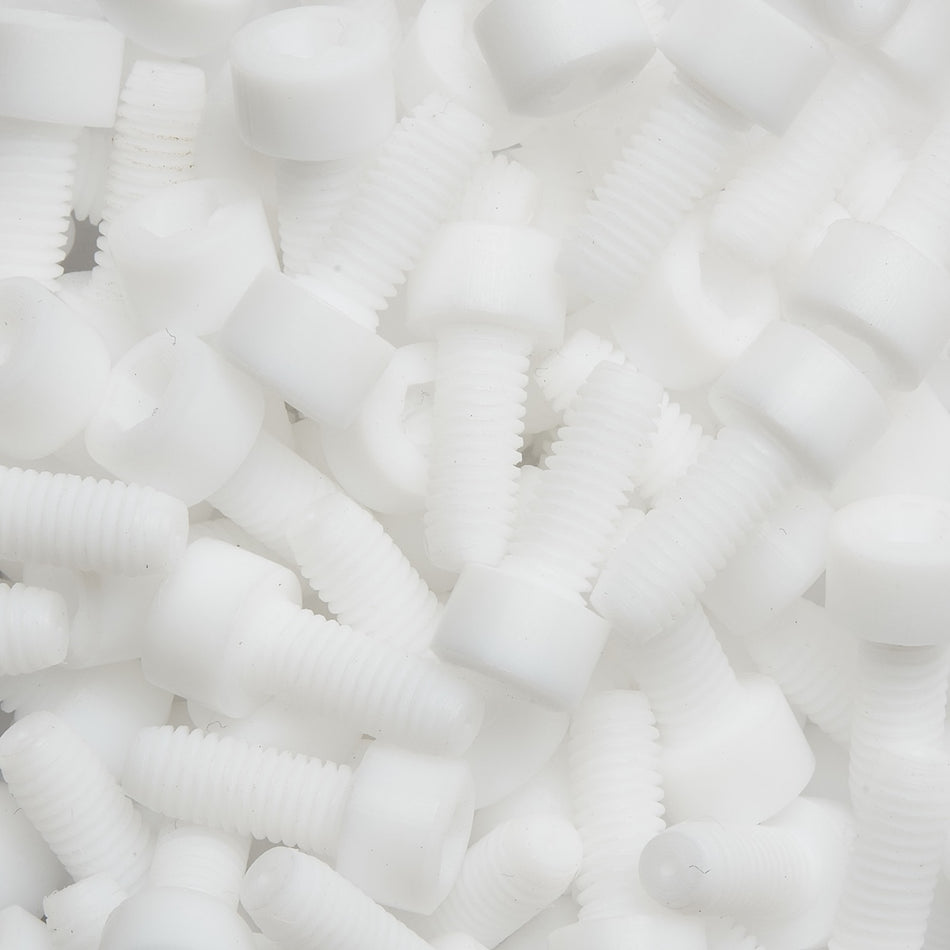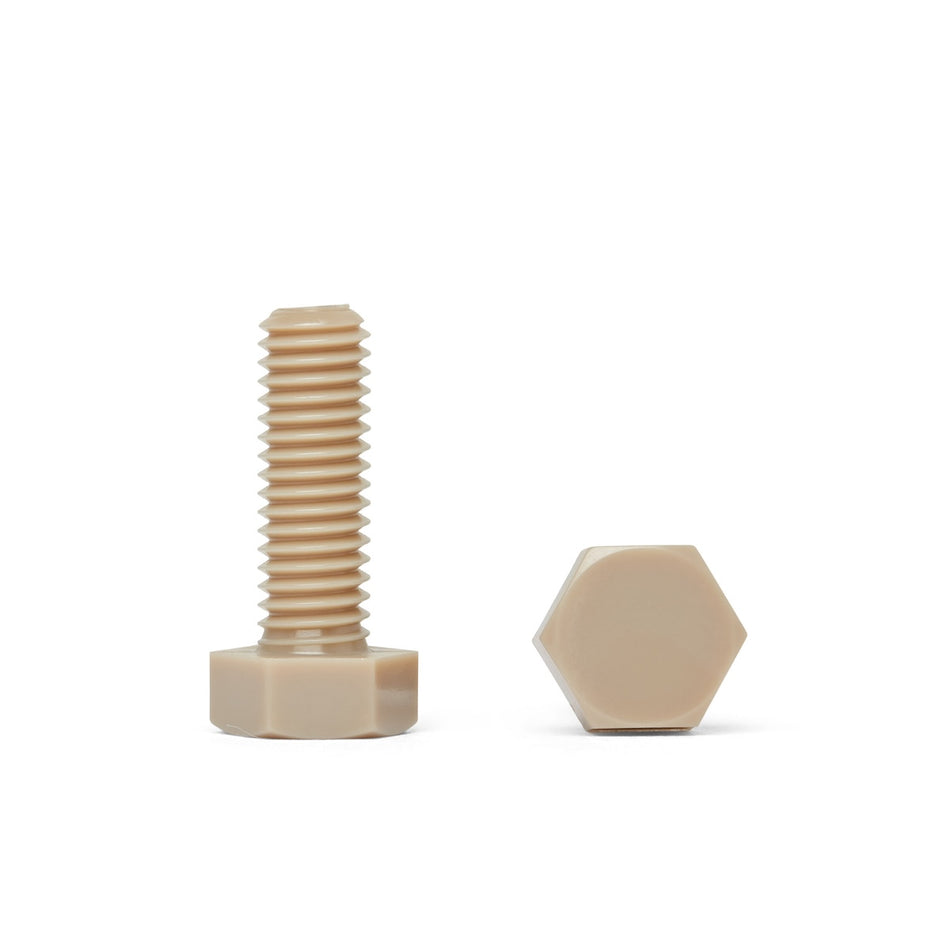126 Products

Oceanographic surveying uses of Polymer Screws, Nuts, Bolts, and Fasteners
Oceanographic surveying may use polymer screws, nuts, bolts, and fasteners in a variety of applications, including the construction and maintenance of ships, submarines, and remotely operated vehicles (ROVs) used in oceanographic research.
Polymer fasteners may be used to secure equipment and instruments in place on oceanographic survey vessels, as well as to seal joints and connections to prevent leaks. They can also be used to secure equipment on ROVs and other autonomous vehicles, which are often used to collect data and samples from the ocean environment.
In addition to their use in the construction and maintenance of oceanographic survey equipment, polymer fasteners may also be used in the production of scientific instruments and equipment used in oceanographic research. For example, polymer fasteners may be used to secure sensors, cameras, and other instruments in place on oceanographic survey equipment, or to seal joints and connections to prevent leaks and ensure the integrity of the data collected.
Overall, the use of polymer screws, nuts, bolts, and fasteners in oceanographic surveying can help to improve the safety and efficiency of these activities, and can also help to minimize the environmental impacts of oceanographic research. Polymer fasteners may be particularly useful in oceanographic surveying due to their corrosion resistance and ability to withstand the harsh and corrosive conditions of the marine environment.
Oceanographic surveying is a field that involves the study of the ocean and its features, including the seabed, water column, and marine life. This research is typically conducted using specialized equipment, such as ships, submarines, and remotely operated vehicles (ROVs), to collect data and samples from the ocean environment.
Oceanographic surveying is a broad field that encompasses a range of activities, including mapping and charting the seabed, studying ocean currents and tides, measuring the properties of seawater, and studying marine biology and ecosystems. These activities are often carried out for a variety of purposes, including scientific research, resource exploration and management, and the identification and monitoring of marine hazards.
Oceanographic surveying is a complex and specialized field that requires a wide range of technical skills and knowledge, including expertise in oceanography, geology, geophysics, and marine biology, as well as engineering and computer science. It is often conducted by government agencies, research institutions, and private companies, and is typically supported by advanced technologies, such as satellite imagery, computer modeling, and autonomous vehicles.
The oceanographic surveying industry has a significant impact on our understanding of the ocean and its role in the Earth's systems, and is essential for a variety of purposes, including environmental management, resource exploration, and the identification and monitoring of marine hazards.

